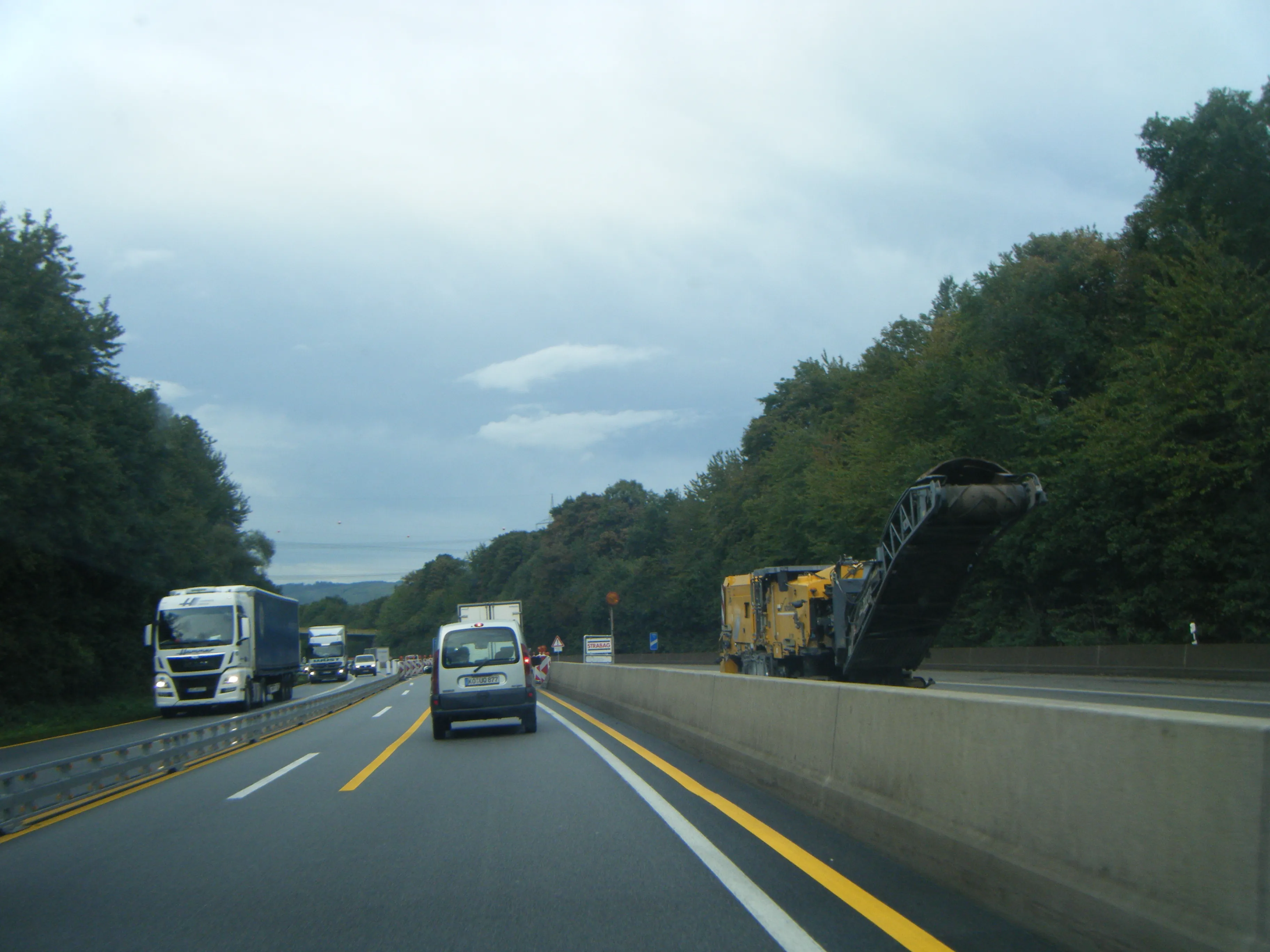
The European construction association, FIEC, is urging immediate action by the EU Commission to ensure that Covid-19 is considered a force majeure, to eliminate penalties for companies that have to suspend work; and to increase European funds to cover the increased costs of the work.
The Covid-19 pandemic is a public health emergency, which is severely impacting economic activity in all the Member States.
The construction industry in Europe is essential for the major infrastructure works and projects that promote community wellbeing. It accounts for 9% of EU27 GDP and employs 16 million workers.
The negative effects of Covid-19 on the construction industry in Europe are considerable. In these conditions the already complicated management of construction sites is becoming even more complex, if not impossible, when companies try to comply with the new and drastic health and safety measures. Construction companies will be heavily affected financially and projects, both private and public, will be delayed or even cancelled.
The FIEC is calling for action to mitigate the impact of this crisis. In addition to the proposals put forward by the European Commission, which the FIEC fully supports, it is calling for measures of State Aid and Stability and Growth Pact frameworks and mobilising Structural Funds to tackle and limit the socioeconomic consequences of the pandemic.
The FIEC is asking the European Commission to 0ublicly announce, that the Covid-19 pandemic is a case of “Force Majeure” and has to be treated accordingly by all construction employers and clients. It is recommending to the Members States that they allow the possibility of suspending or reducing ongoing construction, without penalties and taking into consideration damage, for the period necessary, if the responsible contractor is unable to comply with the requested health and safety measures for its workers and/or if he is unable to undertake activities because of disruption in the supply chain or because of the shortage/lack of personnel due to Covid-19. The possibility of waiving delay penalties in public procurement contracts is already mentioned in the Eurogroup statement of 16. The FIEC is also saying that when ongoing construction projects are co-financed by the European Union, the EU should immediately allocate specific resources for covering the additional costs generated by the Covid-19 pandemic (extra security of worksites, costs related to changes in organisation and new time schedules on worksites and overheads) and also encourage the Member States to do the same at national level.






